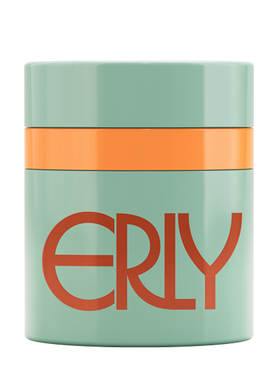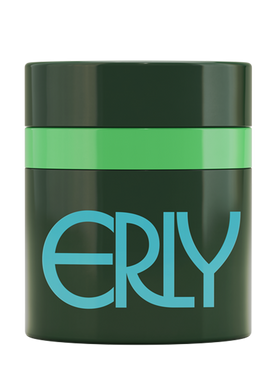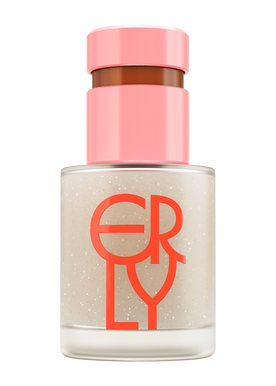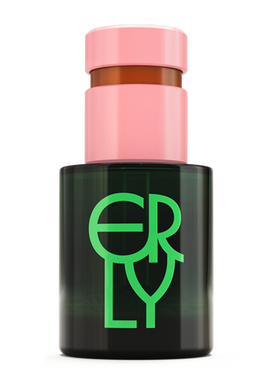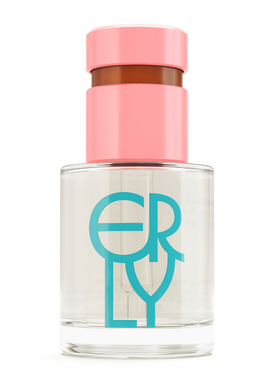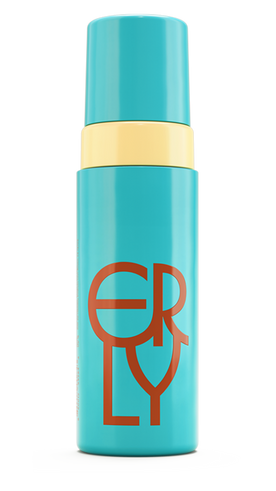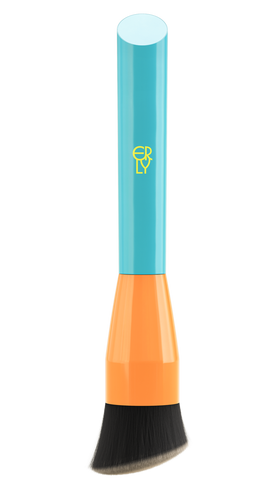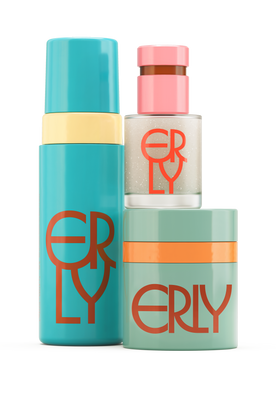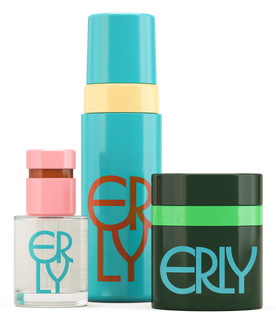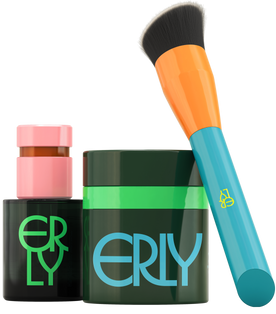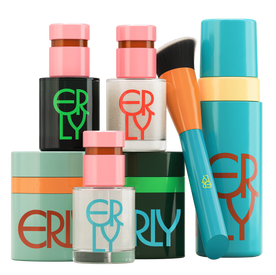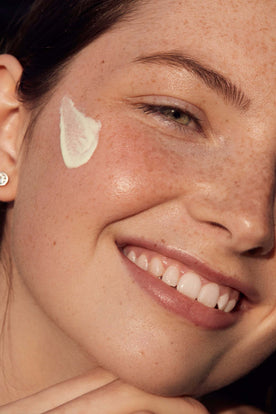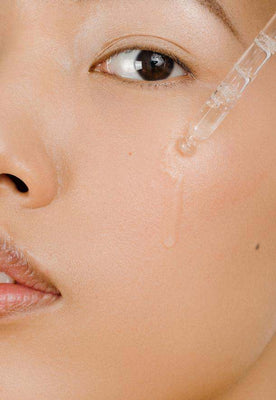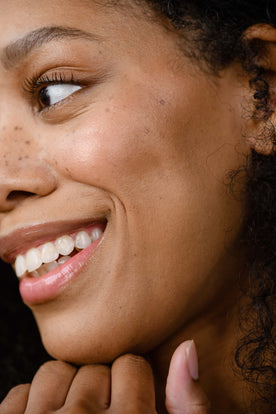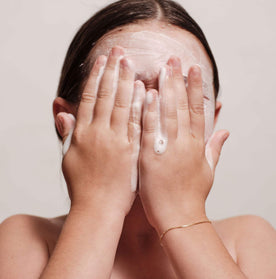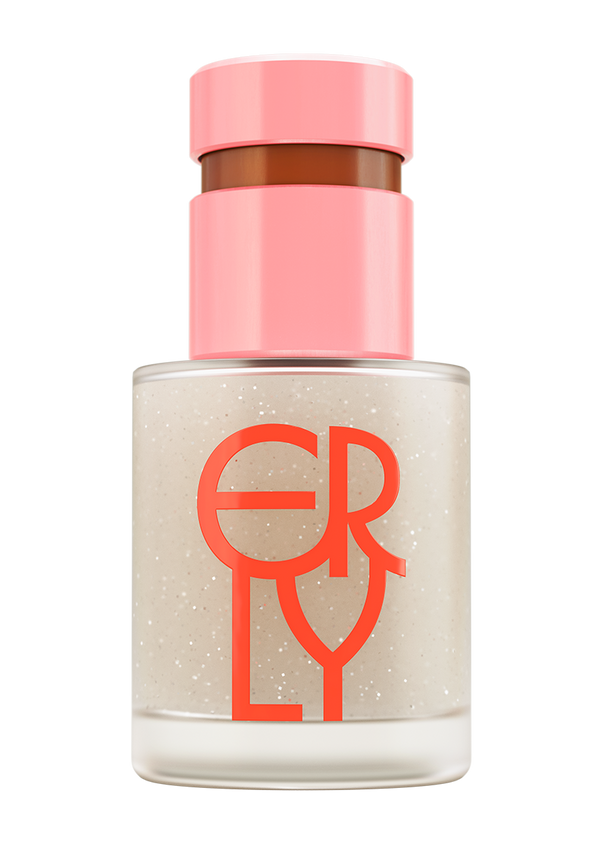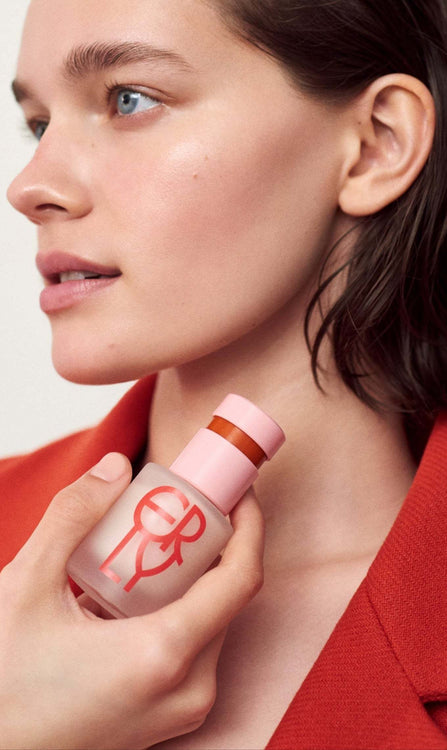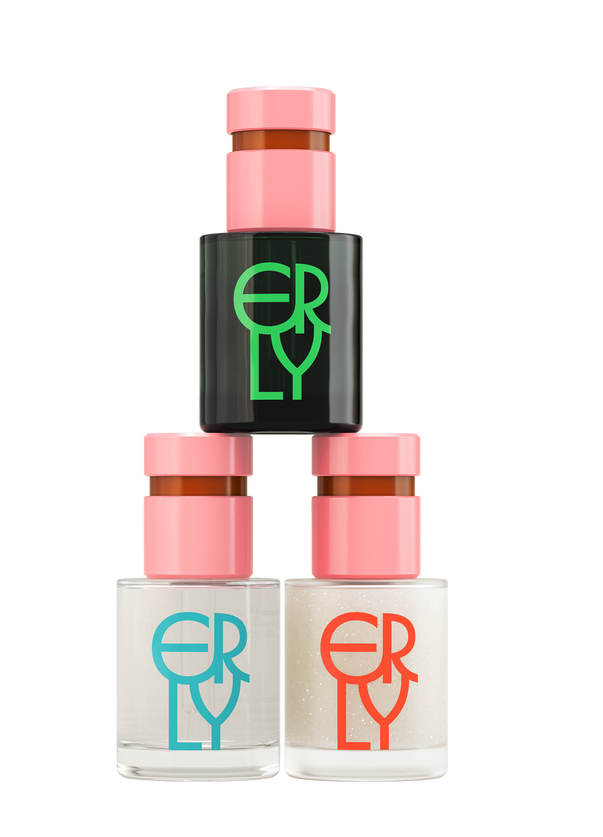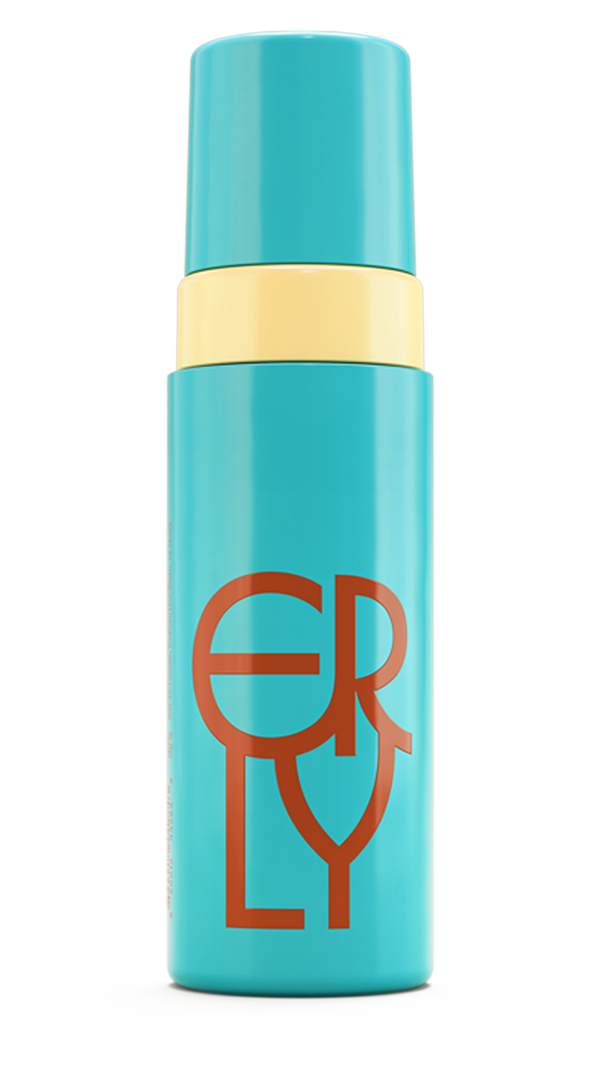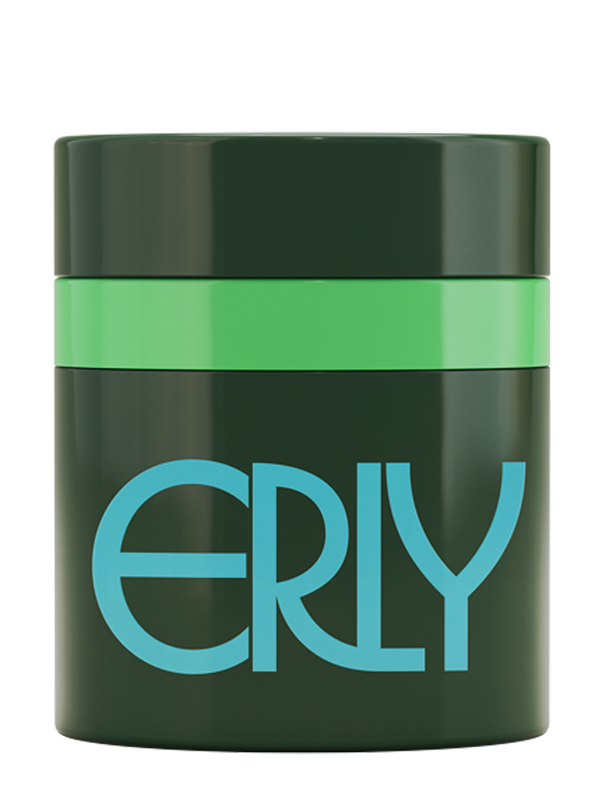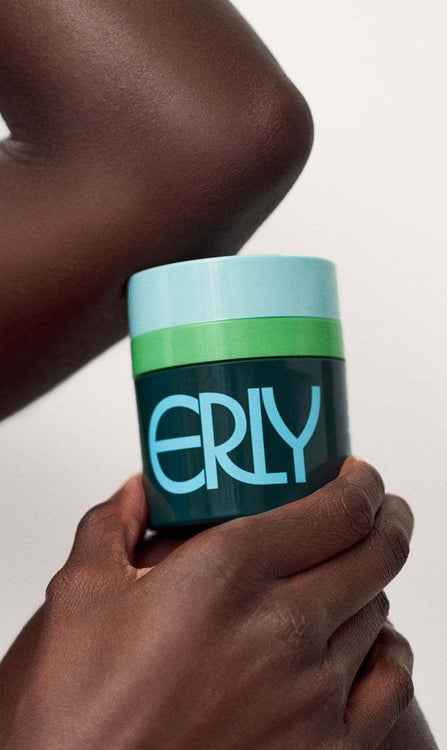Walk down any beauty aisle or scroll through social media and you’ll see hundreds of skin supplements promising clearer, glowier, younger-looking skin. Collagen powders, skin gummies, superfood capsules—it’s an overwhelming market that leaves many wondering: Do vitamins really make a visible difference for your skin?
As a dermatologist, I’m often asked about the best supplements for skin health. While there’s growing interest in “beauty from within,” the truth is that most vitamins and supplements don’t have the kind of rigorous, long-term clinical evidence we see with proven topical treatments or lifestyle choices like daily sunscreen.
That doesn’t mean they’re useless. It just means expectations should match the evidence. Let’s explore what’s supported by research, what’s mostly hype, and how to make smart, safe choices if you want to support your skin from the inside out.
Can Vitamins Really Improve Your Skin?
Most supplements and vitamins marketed for skin health lack large, well-designed studies proving that they make a visible difference. The effects are usually modest, subjective, and temporary—meaning that once you stop taking them, any benefit tends to fade.
The most powerful anti-aging tool we have isn’t a supplement; it’s sunscreen. Protecting your skin daily from UV exposure, combined with healthy habits like sleep, hydration, and stress management, will do far more for your skin’s longevity than most pills on the market.
That said, some vitamins do play meaningful roles in supporting skin structure and defense. Two in particular stand out: niacinamide and vitamin D.
Niacinamide (Vitamin B3): The Evidence-Based All-Star
Niacinamide is one of the few supplements I routinely recommend. It’s safe, inexpensive, and backed by solid research.
A landmark study published in the New England Journal of Medicine found that taking 500 mg of niacinamide twice daily reduced the development of new non-melanoma skin cancers by 23% over 12 months in high-risk patients. That’s an extraordinary finding in dermatology, where very few supplements show this kind of measurable, protective effect.
How does it work? Niacinamide enhances the skin’s DNA repair processes and restores cellular energy (ATP) depleted by UV exposure. It also helps calm inflammation and supports the skin barrier—two key defenses against environmental damage.
At ERLY, we love niacinamide so much that we also use it topically in our Daily Soothe serum to strengthen the barrier and reduce redness. When used both topically, it can help your skin perform and recover at its best.
Vitamin D: Important, But Get It Safely
Vitamin D is essential for cell growth, repair, and immune balance. While sunlight helps your body produce vitamin D, those same UV rays are the leading cause of premature aging and skin cancer.
As a dermatologist, I always tell my patients: there’s no safe level of UV exposure for the purpose of vitamin D production. Instead, I recommend maintaining optimal levels through diet or oral supplementation—not through intentional sun exposure.
Although vitamin D doesn’t appear to reduce skin cancer risk, higher levels in people with melanoma have been linked to thinner, less aggressive melanomas at diagnosis, suggesting it may influence prognosis. Ongoing studies are exploring its potential role in melanoma outcomes.
Navigating the Skin Supplement Aisle: How to Choose Wisely
The supplement industry isn’t regulated like pharmaceuticals, so it’s on consumers to vet quality and safety. Here’s how to cut through the marketing noise:
-
Look for third-party testing. Choose supplements that carry seals like USP Verified, NSF, ConsumerLab, BSCG,or Informed-Choice. These ensure the product’s purity, potency, and ingredient accuracy.
-
Check for GMP certification. This means the supplement is produced under Good Manufacturing Practices—cleanly and consistently.
-
Demand transparency. Avoid “proprietary blends.” You should see exact doses of active ingredients on the label.
-
Read the research. Look for human studies (not just lab or animal data) that show measurable improvements in hydration, elasticity, or UV protection.
-
Be aware of dosing and safety. Even natural ingredients can cause harm in excess. Fat-soluble vitamins (A, D, E, K) and minerals like zinc can accumulate in the body or interact with medications.
When in doubt, discuss supplements with your dermatologist or primary care doctor before starting them.
The Best Skin Supplements for Common Concerns
For Acne: Zinc and Probiotics
Zinc has anti-inflammatory and antibacterial effects, and some studies show it may help reduce acne lesions—especially in inflammatory types. In one clinical trial, patients taking oral zinc sulfate (0.6 g daily) saw a noticeable decrease in acne severity within 6–12 weeks.
However, results are inconsistent between studies, and side effects like nausea or stomach upset can occur. Zinc can be helpful for mild acne, but it’s not a replacement for prescription treatment.
Probiotics are another area of growing interest. Certain strains of Lactobacillus and Bifidobacterium may help balance the gut-skin axis, reduce inflammation, and improve acne severity slightly. Still, not all probiotics are equal. Benefits are strain-specific, and they’re best used as an adjunct to a consistent topical regimen, not as a cure.
For Photoprotection: Polypodium leucotomos (Fern Extract)
Polypodium leucotomos (PLE) is a tropical fern extract with antioxidant and photoprotective properties. Clinical studies show that people who took it before sun exposure experienced less redness and sunburn compared to those who didn’t.
While still considered a supportive therapy rather than a replacement for SPF, PLE may be helpful for people prone to sun sensitivity, melasma, or actinic damage. Think of it as an internal sunscreen booster that complements—never replaces—daily sunscreen.
Pairing it with barrier-repairing SPF skincare, such as ERLY Start Moisturizer with SPF, which replenishes hydration and offers a mineral-based sunscreen, can strengthen your overall skin defense strategy.
But I also emphasize this: no supplement can outdo the fundamentals. Your skin’s health relies most on consistency—protecting it from UV, feeding it from within, and nurturing it from the outside with gentle, barrier-supporting care.
That’s exactly why we created ERLY: to make science-backed, hypoallergenic, fragrance-free skincare that complements your body’s natural resilience.
The Bottom Line
Vitamins and supplements can support your skin—but they’re not miracle workers. I emphasize this: no supplement can outdo the fundamentals. Your skin’s health relies most on consistency—protecting it from UV, feeding it from within, and nurturing it from the outside with gentle, barrier-supporting care.
That’s exactly why we created ERLY: to make science-backed, hypoallergenic, fragrance-free skincare that complements your body’s natural resilience.
Your skin reflects your overall health. While a smart supplement routine can help, healthy habits (and daily SPF) are the true beauty essentials.
